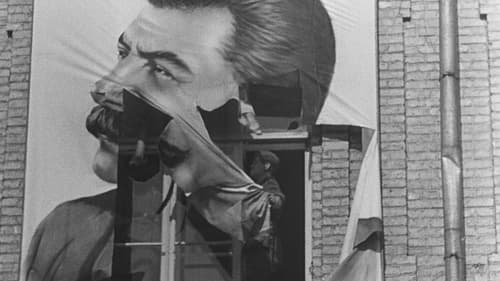
Line Producer
Entre el 29 y el 30 de septiembre de 1941, el Sonderkommando 4a del Einsatzgruppe C, con la ayuda de dos batallones del Regimiento de la Policía del Sur y de la Policía Auxiliar Ucraniana, y sin que la población local opusiera ningún tipo de resistencia, fusiló a 33.771 judíos en el barranco de Babi Yar, al noroeste de Kiev. La película reconstruye el contexto histórico de esta tragedia con imágenes de archivo que documentan la ocupación alemana de Ucrania y la década posterior.

Producer
The Kiev Trial, also known as the ‘Kiev Nuremberg’, took place in January of 1946 in the Soviet Union, and was one of the first post-war trials convicting German Nazis and their collaborators. 15 criminals, guilty of atrocities, which were later identified by the Nuremberg trials as “crimes against humanity”, faced justice in case No.1679 “On the atrocities committed by fascist invaders on the territory of the Ukrainian SSR.” Using unique, previously unseen, archive footage, Sergei Loznitsa reconstructs key moments of the proceedings, including statements of the defendants and testimonies of the witnesses, survivors of Auschwitz and Babi Yar among them. The film lays bare the ‘banality of evil’ and is devastatingly relevant today, as Ukrainian people are once again being subjected to the violence of barbarian invaders.

Producer
Is it morally acceptable to use the civilian population as yet another tool for waging war? Is it possible to justify death and destruction for the sake of supposedly lofty ideals? The question remains as pertinent today as it was at the beginning of World War II, and it is becoming increasingly urgent to answer, as countless tragedies have been caused by unethical political decisions.
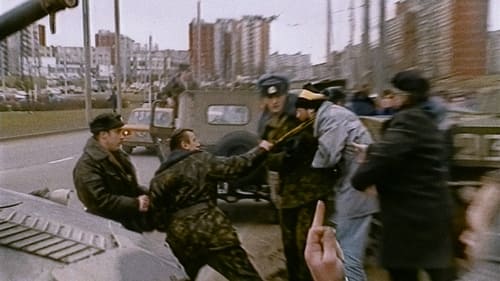
Producer
This film about the Baltic nation of Lithuania from 1989 to 1991, when it broke away from the Soviet Union. This period of peaceful protests involving lots of singing came to be known as the "singing revolution."

Line Producer
A documentary view of the galas of Paris’s Palais Garnier in the 1950s and ’60s.
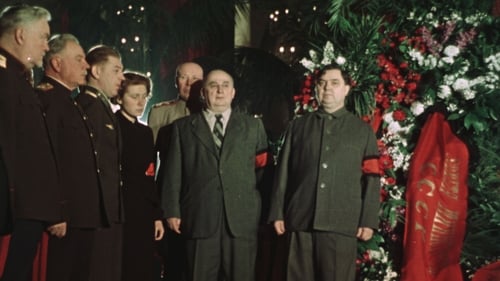
Producer
El enigma del culto a la personalidad se revela en el gran espectáculo del funeral de Stalin. La película se basa en imágenes de archivo únicas, filmadas en la URSS del 5 al 9 de marzo de 1953, cuando el país lamentó y enterró a Joseph Stalin.

Producer
1930. Moscú. Un grupo de grandes economistas e ingenieros están acusados de planear un golpe de estado contra el gobierno soviético. Se les acusa de pactar con el primer ministro francés, Raymond Poincaré, para derribar el comunismo y establecer el capitalismo. Tras una creación de pruebas falsas y acusaciones forzadas, son obligados a testificar por un crimen que no cometieron. La corte sentencia la pena capital.

Casting
En la histórica región de Donbass, en el este de Ucrania, a pesar de la cruel guerra que se viene librando desde 2014 entre las autoproclamadas Repúblicas Populares de Donetsk y Luhansk y el Gobierno ucraniano, la gente trata de sobrevivir en el podrido corazón del caos, donde la violencia se disfraza de paz, la propaganda se convierte en unívoca verdad y el odio reina en nombre del amor.

Associate Producer
En la histórica región de Donbass, en el este de Ucrania, a pesar de la cruel guerra que se viene librando desde 2014 entre las autoproclamadas Repúblicas Populares de Donetsk y Luhansk y el Gobierno ucraniano, la gente trata de sobrevivir en el podrido corazón del caos, donde la violencia se disfraza de paz, la propaganda se convierte en unívoca verdad y el odio reina en nombre del amor.
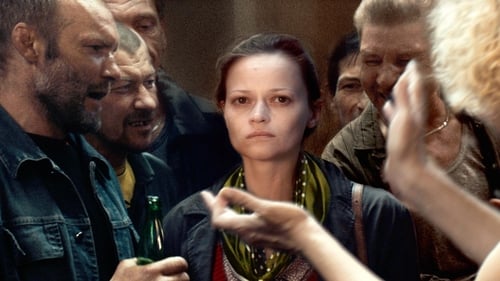
Casting
Inspirada en el relato de Dostoyevski de 1876, 'La sumisa'. Una mujer viaja a una cárcel en una región remota para averiguar qué le ha pasado a su marido después de que un envío para él fuera devuelto sin explicación.

Producer
In August 1991 a failed coup d'état attempt (known as Putsch) led by a group of hard-core communists in Moscow, ended the 70-year-long rule of the Soviets. The USSR collapsed soon after, and the tricolour of the sovereign Russian Federation flew over Kremlin. As president Gorbachev was detained by the coup leaders, state-run TV and radio channels, usurped by the putschists, broadcast Tchaikovsky's "Swan Lake" instead of news bulletins, and crowds of protestors gathered around Moscow's White House, preparing to defend the stronghold of democratic opposition led by Boris Yeltsin, in the city of Leningrad thousands of confused, scared, excited and desperate people poured into the streets to become a part of the event, which was supposed to change their destiny. A quarter of a century later, Sergei Loznitsa revisits the dramatic moments of August 1991 and casts an eye on the event which was hailed worldwide as the birth of "Russian democracy".
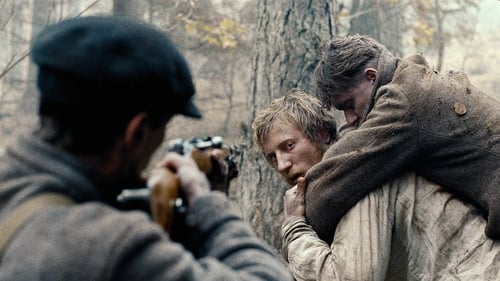
Casting
Segunda Guerra Mundial, año 1942. En la frontera rusa, los partisanos de la resistencia bielorrusa luchan encarnizadamente contra la ocupación nazi. A través de la historia de dos partisanos cuyos caminos confluyen, el relato denuncia la irracionalidad y la crueldad de la guerra. Adaptación de la novela homónima del prolífico escritor bielorruso Vasiliy Vladimirovich Bykov.
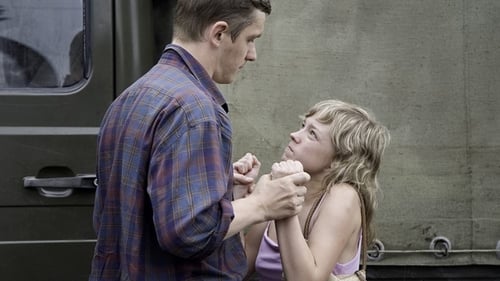
Casting
Georgy is driving a load of freight into Russia when, after an unpleasant encounter with the police at a border crossing, he finds himself giving a lift to a strange old man with disturbing stories about his younger days in the Army. After next picking up a young woman who works as a prostitute and is wary of the territory, Georgy finds himself lost, and despite asking some homeless men for help, he’s less sure than he was before of how to make his way back where he belongs. As brutal images of violence and alienation cross the screen, Georgy’s odyssey becomes darker and more desperate until it reaches an unexpected conclusion.











